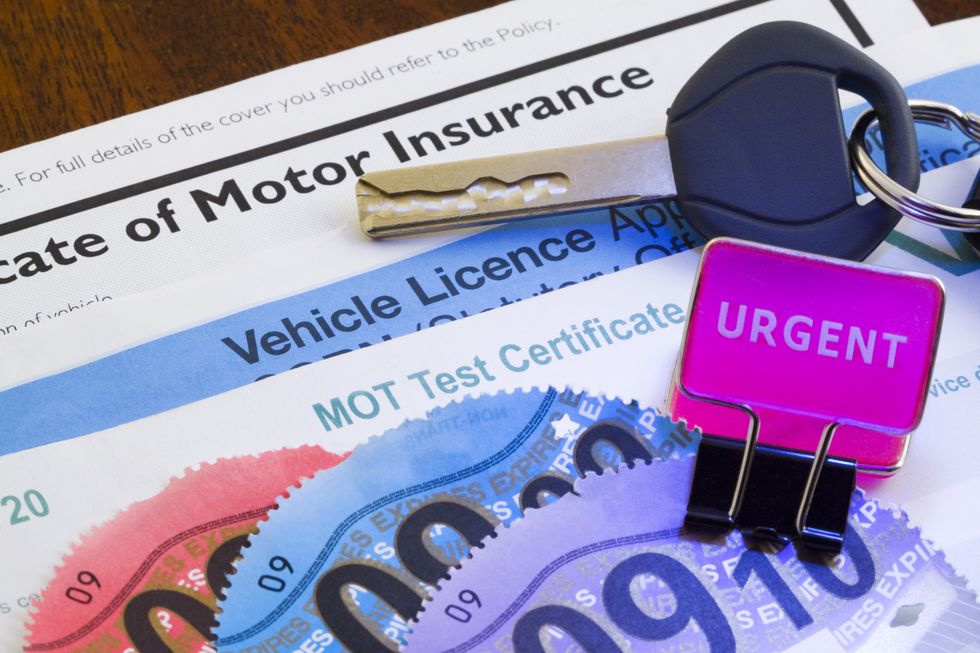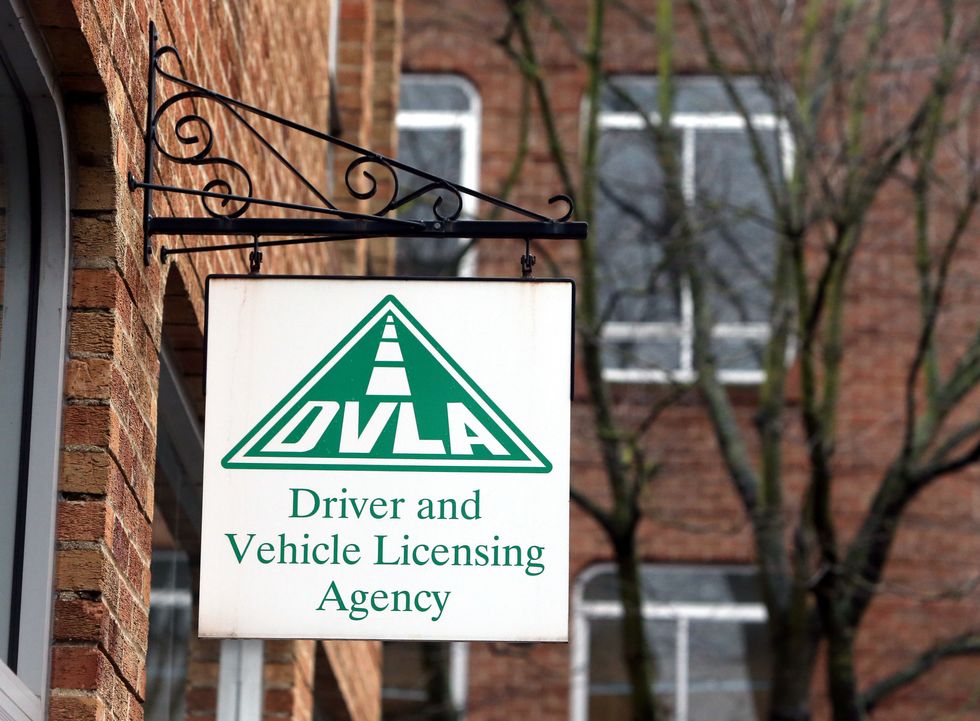Motorists urged to save nearly £3,000 through car tax method aimed at 'drawing' in drivers
Car tax hikes will come into effect in April 2025
New car tax changes could be announced in the Budget on October 30
Don't Miss
Most Read
Trending on GB News
Drivers can save up to £2,745 a year by taking advantage of a car tax tip which is in place ahead of crucial DVLA changes next year.
From April 1, 2025, electric vehicles will no longer be exempt from road tax, and cars currently in the lowest emission band will move into the lowest taxable category.
This shift in policy means drivers have just over a year to potentially save hundreds of pounds by choosing a tax-exempt vehicle.
Tax-exempt cars are currently those registered between May 2001 and April 2017 with CO2 emissions lower than 100g/km, falling into band A. However, this exemption is set to end next year.
Do you have a story you'd like to share? Get in touch by emailingmotoring@gbnews.uk

Pay-per-mile car taxes could be introduced in the Budget
GETTYSam Sheehan, motoring editor at cinch, explained: "The appeal of having no road tax to pay has been a draw for drivers looking to switch to EVs in recent years.
"While the 2025 VED changes will mean running an EV will become slightly more expensive, they're still likely to be cheaper to run than a diesel or petrol car when fuel costs are factored in."
From April 2025, all cars in band A will move to band B and become eligible for road tax. This includes electric vehicles, which have enjoyed tax-free status due to their zero exhaust emissions.
The only current exception is for cars worth over £40,000, which incur an additional luxury car fee of £410 for the first five years.
But before the upcoming April changes, several popular tax-exempt cars are available for drivers to consider buying.
The 2016 and 2017 BMW 3 Series (330e SE Step Auto & 330e M Sport models) priced at £52,125, offer a well-equipped executive option, Sheehan noted. For those seeking a reliable hatchback, the pre-2017 Ford Fiesta with a 1.5 TDCi engine could also be a top choice.
SUV enthusiasts might also consider the Kia EV6, starting at around £45,500 with a 328-mile range. For city driving, the pre-2017 Skoda Citigo GreenTech is an efficient supermini.
Meanwhile, the Tesla Model 3 offers a chance for drivers to enjoy tax-free motoring before the new regulations take effect.
The taxation landscape for electric vehicles is set to change dramatically. The decision was announced by former Chancellor Jeremy Hunt in 2022, who stated: "To make our motoring tax system fairer, I've decided that electric vehicles will no longer be exempt from Vehicle Excise Duty."
Beyond choosing tax-exempt vehicles, drivers can employ other strategies to reduce motoring costs. Selecting a car in a low insurance group can help lower premiums while opting for an electric vehicle eliminates fuel costs entirely, and hybrid cars can significantly reduce fuel expenses.
For drivers sticking with petrol or diesel, choosing a car with high miles per gallon figures can lead to substantial savings at the pump.
Sheehan added: "You can also maximise fuel efficiency (and minimise running costs) by accelerating gently, slowing down early and gradually before traffic lights or a queue, and turning off the air-con when you don't need it."
LATEST DEVELOPMENTS:
- Electric vehicles could be removed from roads over growing fire fears as Labour takes safety 'extremely seriously'
- Parking fees in popular tourist region to rise by 40 per cent next year impacting thousands of Britons
- Drivers in ‘danger’ of car tax changes and high insurance prices as Rachel Reeves debates motoring cost hikes

The DVLA will raise VED rates next year
PAIn the upcoming Budget on October 30, Chancellor Rachel Reeves is expected to discuss new tax measures and whether the fuel duty freeze will continue.








